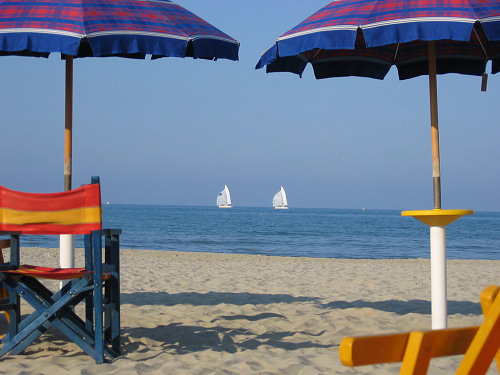Fisascat has completed in recent days the round of negotiation meetings with the employers' associations that to date have not proceeded to renew the TOURISM contract.
– CCNL Tourism Industry: Federturismo and Confindustria Alberghi;
– CCNL Tourism:
a) special part Public establishments: FIPE Confcommercio
b) special part Travel Agencies: FIAVET Confcommercio
c) Collective Catering sector: ANGEM and ACI Cooperative Movement
– CCNL Tourism Confesercenti
The set of positions expressed by the employers' associations is, on the whole, unacceptable: there are some points on which some convergence could be found, but there are also claims that make comparison difficult (think, for example, of the requests in the hotel sector to make income support optional for companies with more than 15 employees, depriving them of the right to Cassa Integrazione, the proposal to introduce penalties for sick leave over the weekend, the desire to reduce labor costs by modifying the overtime regime and the TFR calculation basis, etc.)
Given the situation, we held a joint meeting at the level of the general secretariats of Fisascat (Cisl), Filcam (Cgil), Uiltucs (Uil) to identify the points for a possible joint action.
The discussion unanimously concluded that without a change in the positions of the opposing parties, the negotiation will hardly be able to move forward.
For this reason, once the last meeting with FIAVET on 17 December has been concluded, it may be necessary to launch mobilization initiatives.
Furthermore, the discussions with Confindustria, with FIPE, with Confesercenti and ANGEM/cooperative movement have already come to nothing without setting up further negotiation meetings.
It is therefore more necessary than ever to make a joint effort to find an agreed solution as soon as possible in order to seize, for the good of workers and businesses, the great opportunity offered to tourism in our country by the EXPO2015 event.
As FISASCAT we have not missed an opportunity to underline in all institutional venues the importance of the tourism sector and its development in this difficult moment for the country. Some interventions on investments in the sector are coming forward, and also the hypothesis of not calculating the cost of labor for IRAP purposes, would be a help to the sector.
It would be irresponsible to miss this opportunity that will be our calling card in the world for the next ten years.



